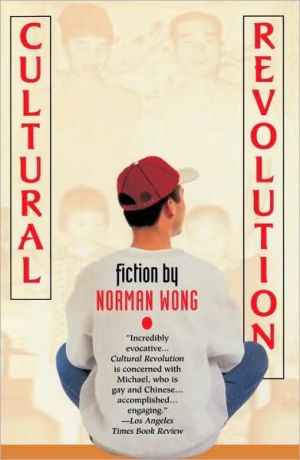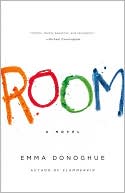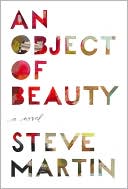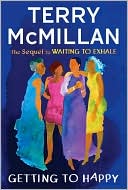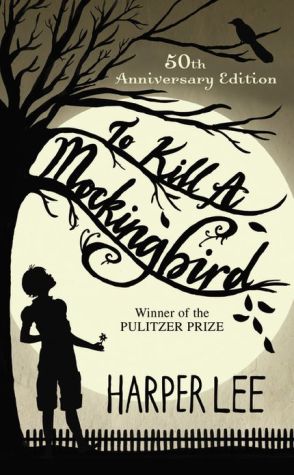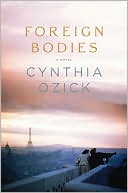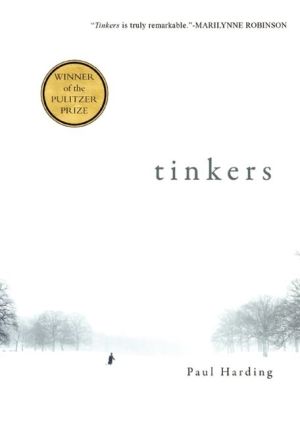Cultural Revolution: Stories
"POWERFUL...STRIKING...In a series of sharp, spare stories, Norman Wong chronicles a family's escape from China to Macao, Hong Kong and, eventually, Hawaii."\ —The New York Times Book Review With rich images and subtle, beautiful prose, Cultural Revolution tells a classic story of immigrant family ties and coming of age in a unique new voice: that of a gay Chinese-American man. In eleven linked stories, Norman Wong observes the fragile world of the resilient Lau family through the eyes of...
Search in google:
"POWERFUL...STRIKING...In a series of sharp, spare stories, Norman Wong chronicles a family's escape from China to Macao, Hong Kong and, eventually, Hawaii."—The New York Times Book Review With rich images and subtle, beautiful prose, Cultural Revolution tells a classic story of immigrant family ties and coming of age in a unique new voice: that of a gay Chinese-American man. In eleven linked stories, Norman Wong observes the fragile world of the resilient Lau family through the eyes of their "number one son," Michael, who must bear the weight of the family name while hiding his desire for white men. Bold and evocative, Cultural Revolution heralds the arrival of a major new voice in American fiction."A MOVING COLLECTION by a gifted new writer with the wit and sympathy to make four generations of family experience all sound like his own...[Cultural Revolution] recalls a number of fine debut volumes from writers like Maxine Hong Kingston, Gish Jen, Cynthia Kadohata, and David Wong Louie."—The Village Voice"COMPELLING...COMPASSIONATE...Wong has a strong, distinct, storyteller's voice, he has a vision, and a real point of view."—Hungry Mind Review"A UNIQUE VIEW of a world that is both distant and remarkably close to our own. Norman Wong writes with an affecting directness, and with vigor."—Oscar Hijuelos"SAD, HONEST, TOUCHING, FUNNY...Wong speaks of universal experiences in Cultural Revolution...It's a book that anybody could relate to and everybody should read."—The AdvocatePublishers WeeklyWong's debut collection of 11 linked stories sparsely chronicles four generations of a Chinese-American family. A woman's reluctant journey from mainland China to Hong Kong as she escapes the invading Japanese frames the brief, absorbing opening section, ``Mai Wah.'' Dreams shape several stories in the second section, in which Mai Wah's grown grandson, Wei, and his family adapt to their new lives in Honolulu. In ``A Nice Chinese Girl,'' Wei dreams of owning a car in order to properly date Marie, who dreams of owning a restaurant; in ``Open House,'' Wei's cousins dream of buying a new home in the suburbs. The best stories deal with Michael, Wei's son, inching toward accepting his homosexuality. In ``The Chinese Barber,'' Michael develops an infatuation with an American boy he meets at a mall; in ``Ordinary Chinese People,'' he attempts suicide, distraught over the inattentiveness of his track coach. Irony fuels the final section, ``Cultural Revolution,'' in which Wei returns to China to retrace his grandmother's escape for Michael, who now eschews everything Chinese. Wong's choppy prose works well in conveying his characters' difficulty with English, but it robs these finely crafted stories of rich detail and prevents them from achieving the lyrical moments the material suggests. (Mar.)
\ Publishers Weekly\ - Publisher's Weekly\ Wong's debut collection of 11 linked stories sparsely chronicles four generations of a Chinese-American family. A woman's reluctant journey from mainland China to Hong Kong as she escapes the invading Japanese frames the brief, absorbing opening section, ``Mai Wah.'' Dreams shape several stories in the second section, in which Mai Wah's grown grandson, Wei, and his family adapt to their new lives in Honolulu. In ``A Nice Chinese Girl,'' Wei dreams of owning a car in order to properly date Marie, who dreams of owning a restaurant; in ``Open House,'' Wei's cousins dream of buying a new home in the suburbs. The best stories deal with Michael, Wei's son, inching toward accepting his homosexuality. In ``The Chinese Barber,'' Michael develops an infatuation with an American boy he meets at a mall; in ``Ordinary Chinese People,'' he attempts suicide, distraught over the inattentiveness of his track coach. Irony fuels the final section, ``Cultural Revolution,'' in which Wei returns to China to retrace his grandmother's escape for Michael, who now eschews everything Chinese. Wong's choppy prose works well in conveying his characters' difficulty with English, but it robs these finely crafted stories of rich detail and prevents them from achieving the lyrical moments the material suggests. (Mar.)\ \ \ \ \ Library JournalWong's collection of 11 interwoven stories begins with Wei, a Chinese immigrant and only son, as he leaves the bustling streets of Hong Kong to begin a new life on the lush island of O'ahu. Though East and West meet somewhat comfortably in Hawaii, Wei encounters good and bad when race, class, culture, and sexuality overlap. Michael, Wei's only son, wrestles with the problems of being a child of immigrant parents. His internal struggles with the role of first son, coupled with the exhilaration and fear of his emerging homosexuality and his efforts to fit into Chinese and American cultures, make for an interesting, well-written, and poignant story. Wong highlights the inevitable problems that result when immigrant parents' hopes and dreams clash with their children's in a rapidly changing world that is very different--and yet in some ways the same--as the world they left behind. Highly recommended for Asian American fiction collections and gay and lesbian collections.-- Kevin M. Roddy, Univ. of Hawaii at Hilo Lib.\ \
